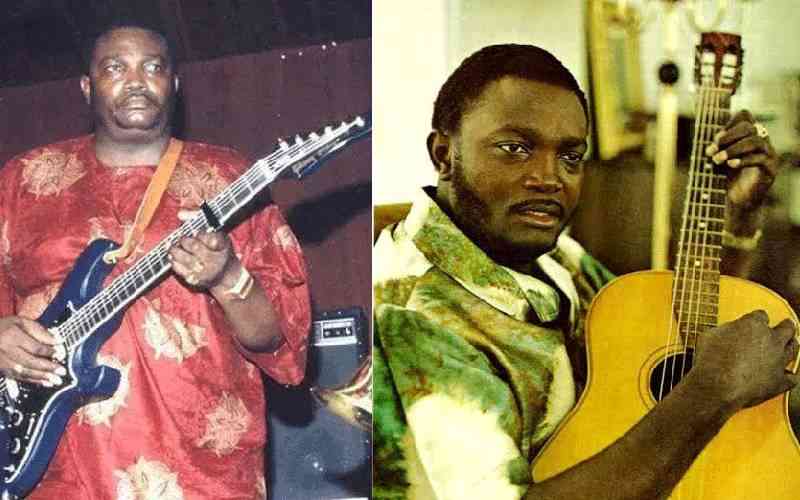×
The Standard e-Paper
Smart Minds Choose Us

The life of Franco Luambo, one of the kings of Rhumba was exhilarating. Rather, beyond the rich date of his musical accolades is the webbed truth about his entanglement with the politics of DRC Congo, then Zaire.
It is the illumination of Mobutu Sese Seko's reign, his hold on power through music and so at the ruthless detrimental shame of his political adversaries.